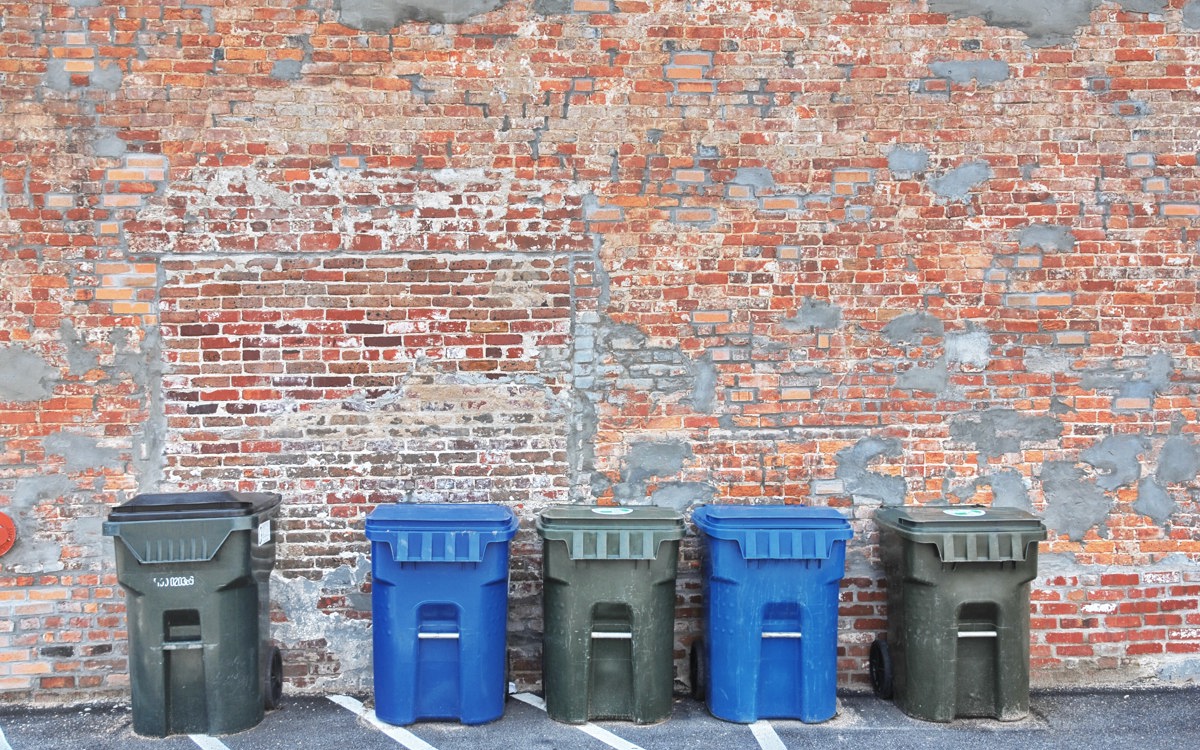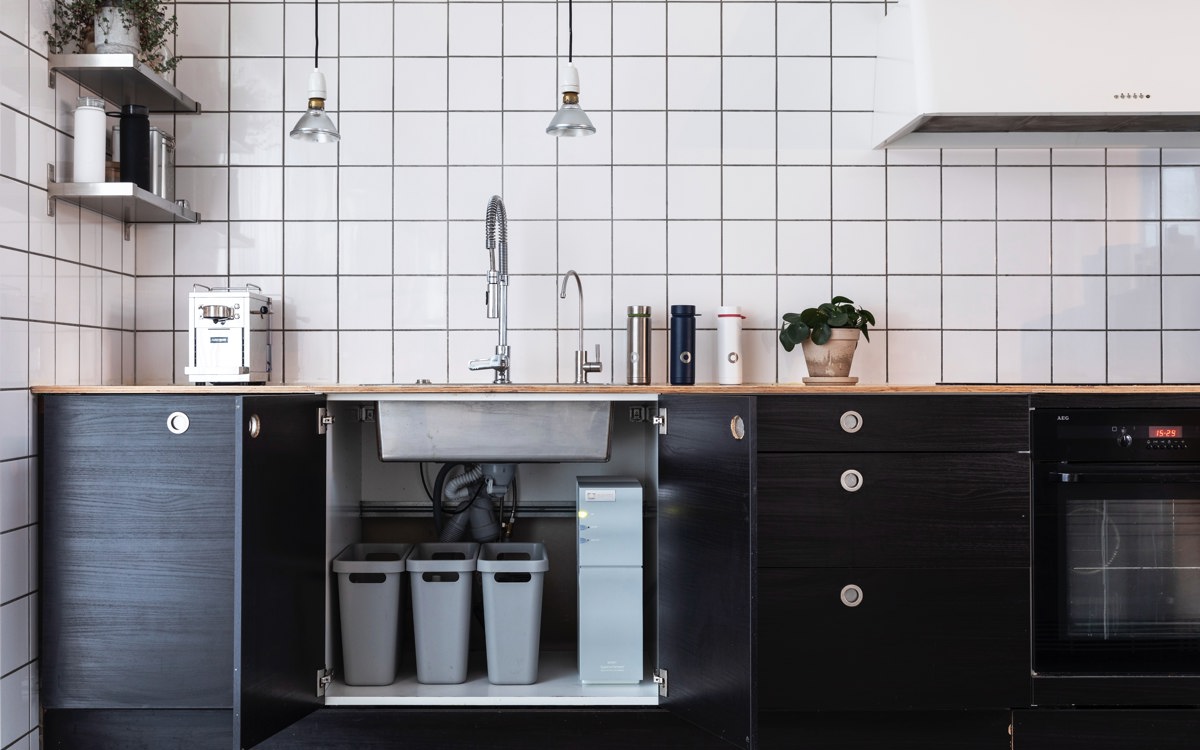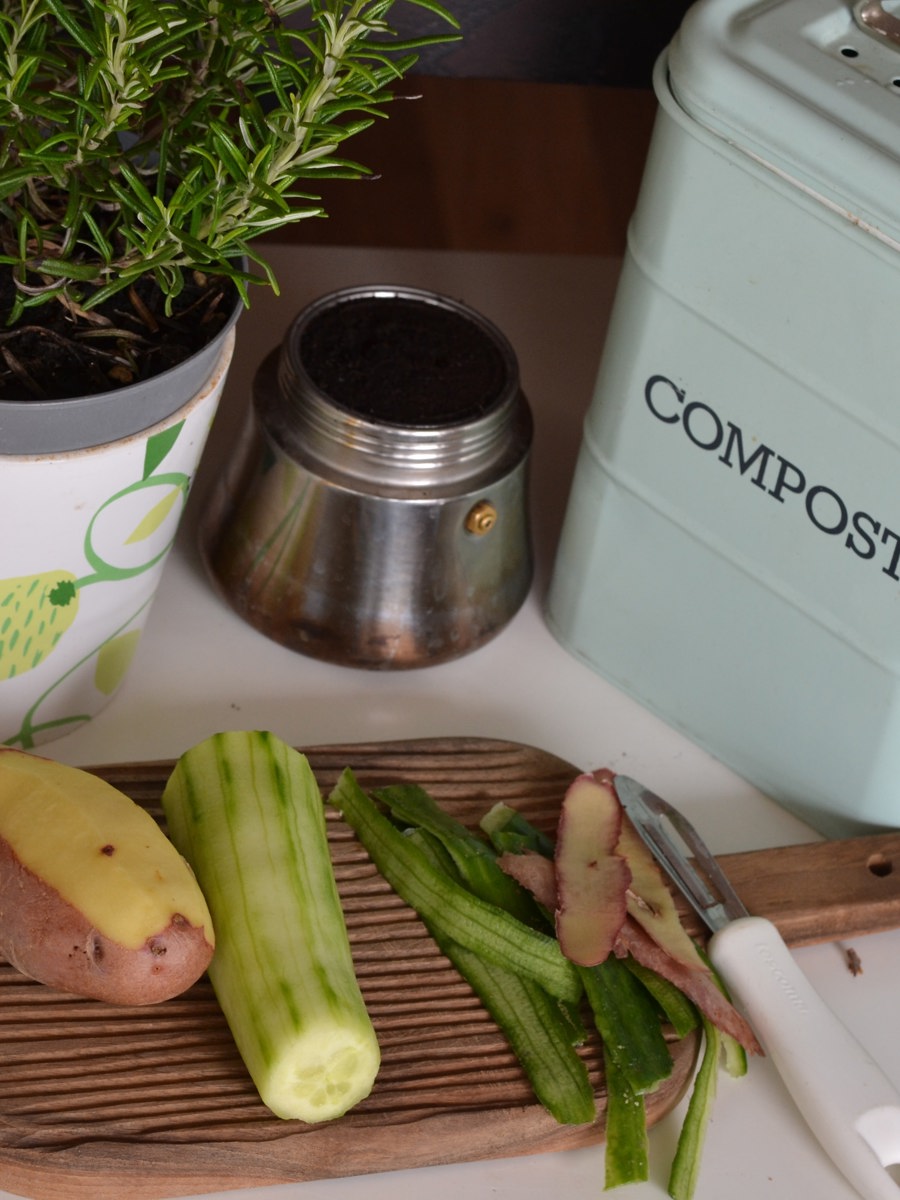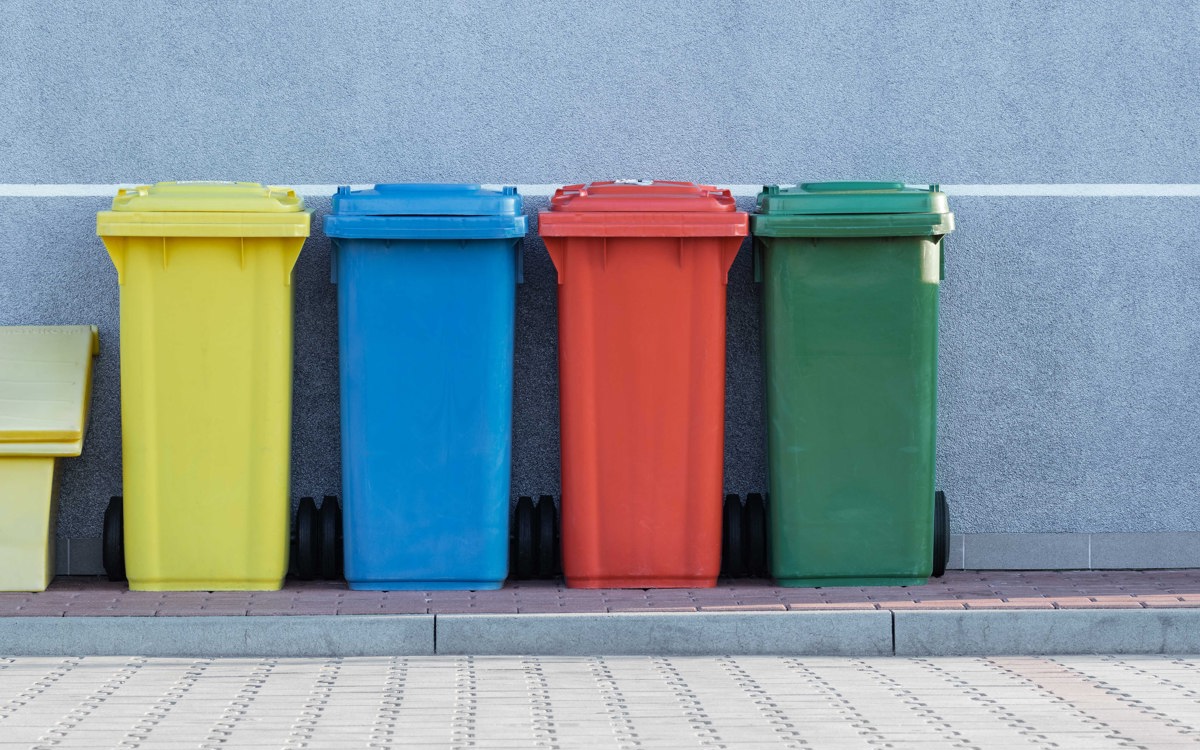
We are all aware of the urgency to be more sustainable, let's discuss some actions we can take to help make a difference.
Let’s talk energy
In the winter, it’s so easy to whack up the thermostat just a little more when it’s so chilly outside. But by turning down the thermostat by just a few degrees we can cut back emissions while saving you a few pounds! Instead, pull out that hot water bottle, and pop on an extra pair of socks and a cosy jumper. Wrap up all a little for the environment.
Installing a smart meter is another way to keep an eye on your electricity and gas consumption. They show you how much you’ve spent as the day rolls on, so you can be conscious about where you can cut back. Sometimes we’re unaware of the cost of appliances on stand-by or keeping the lights on throughout the house.
The insulation situation
Insulating your home will make a huge difference to energy in the long run. Making your home more efficient at keeping the heat in, means using less central heating and fewer fossil fuels. Draught excluders, and rubber piping to seal windows and floor rugs are short-term, affordable ways to keep your home that little bit warmer.
If you own your property and don’t already have double glazing, cavity wall insulation, and loft or basement insulation, those are incredibly worthwhile additions to your home. In terms of efficiency, they can take your energy bills right down, along with your emissions, as well as reduce external noise and damp.

It might come as a shock, but a ten-minute shower can use up just as much if not more water than a bath! This is where energy-efficient shower heads are our modern waste-less fairy godmother. They restrict the amount of water you use but still give you a good, invigorating clean.
Instead of running the tap whilst rinsing your fruit and veg, fill up the sink (or bowl). Do the same for dishes. And when cleaning your teeth or shaving, don’t leave the tap running. Try to only use what water you need.

Food scraps are recyclable, but too often they’re chucked in black bins, where they won’t be taken to be correctly composted. Bristol City Council issues everyone with a brown food bin, and your eggshells your potato skins to your fish scales can be composted - it really is that simple!
Food waste in Bristol is sent to an Anaerobic Digestion Plant, where the resulting fertilizer is then used for application to farmland.
The Council also offer the opportunity to buy a compost bin if you’d so enjoy composting your own veggies in your back garden.

Whilst we’re on the subject of being good with your waste, let’s talk about recycling. It’s pretty important after all.
With various zero-waste shops around Bristol, fruit and veg shops, and numerous places to restock dry goods, it’s becoming more and more possible to opt out of plastic packaging. But, sometimes we don’t have a choice, and so we’re left with a one-time use material, whether cardboard or foil or a tin of baked beans.
Lucky for us, in Bristol, the council have a recycling system in place, so as long as you correctly clean your recyclables, they can be correctly re-purposed. Click here to find out where your waste
Green fingers?
Since we’ve discussed food-waste, it’s worth talking about growing your own food! Even if you don’t have a garden that you can use to grow your own gorgeous vegetables, you can grow herbs in your kitchen, and even some indoor-veggies, such as tomatoes, various micro-greens, chillies, and other potted greens.
It’s better to try and fail
Ultimately, it’s better we all take small, imperfect steps, rather than not even try when it comes to living more sustainably. It’s better to try, and fail, and try again, than to not try at all. We need people taking those steps.
Tell us about what changes you’ve made or are planning on making this year to leave less of a footprint.
Find more of our interior design blogs for inspiration
Share